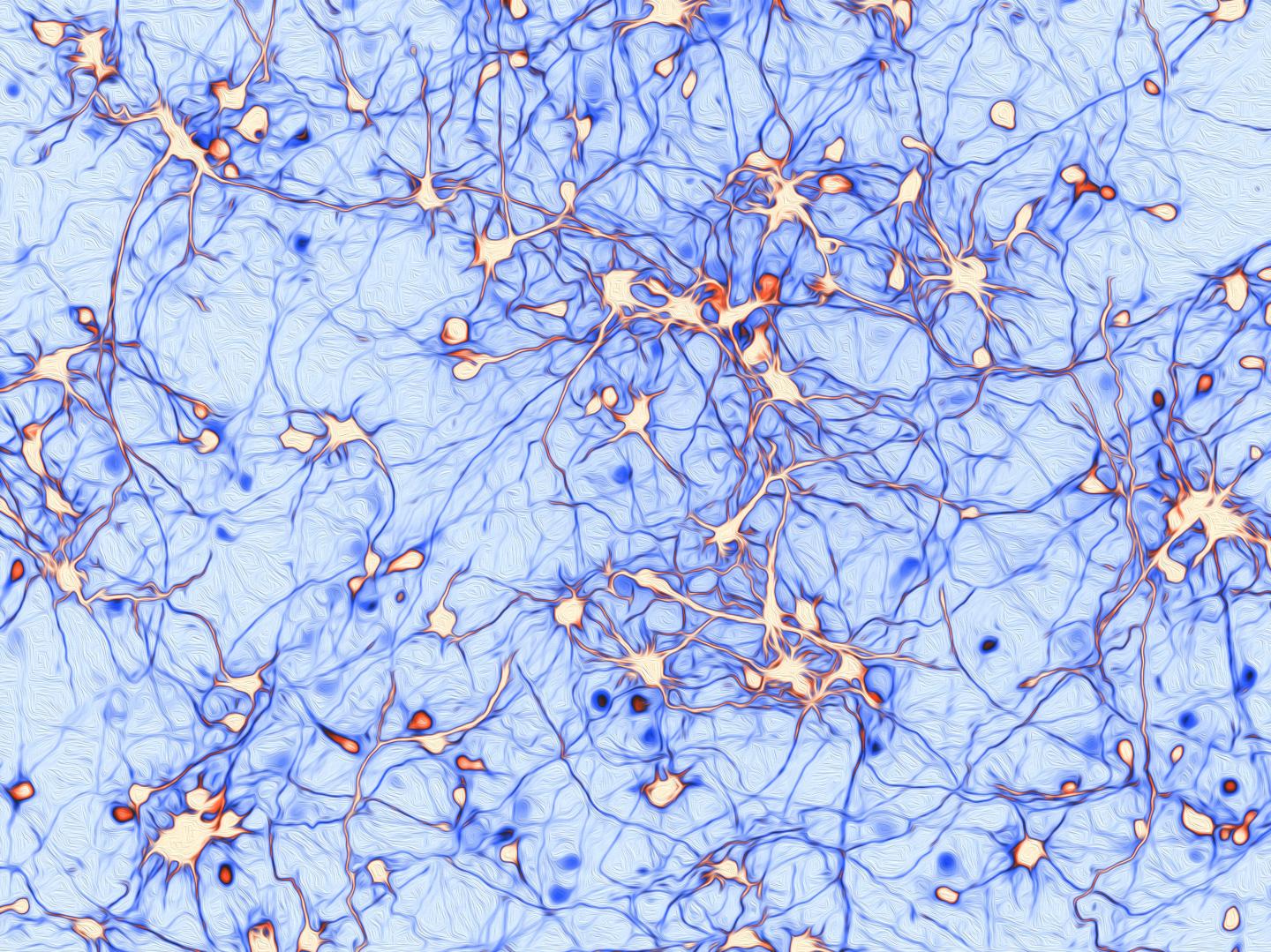A team at The University of Queensland, studying brain cells, discovered how a rare genetic mutation can cause epilepsy
The team were looking at nerve cell communications, when they found something new – how a rare genetic mutation works, to create epilepsy.
Dr Victor Anggono, the Queensland Brain Institute at the University and team leader, said: “We’re both excited and astounded to make such an important contribution to the field of cellular and molecular neuroscience.”
When it comes to the science, cells which “talk” too much are associated with epilepsy and unwanted cell death. On the other hand, cells that don’t “talk” enough can be bad for a persons’ learning and memory.
When communications are imbalanced, that is thought to be partially responsible for Alzheimer’s disease and autism spectrum disorders. Essentially, nerve cell communications are a huge factor to the smooth running of the human brain.

Imbalance can “lead to disorders”, says Dr Anggono
Dr Anggono further commented: ”It turns out that this particular mutation causes receptors in brain cells to behave differently, resulting in an imbalance in brain cell communication – and that can lead to disorders. There are also many examples of other mutations in the same gene that are known to be associated with epilepsy.
”What we know is that this receptor is critical for brain function and can lead to epilepsy when its function is misregulated.
”The findings point the way for further research to understand and potentially treat similar mutations.”
What could this revelation mean for future treatment?
This knowledge could create the potential for specialised treatment, if further developed. Currently no clinical trials are ongoing and this research is at an early stage.
Dr Anggono further commented: ”Receptor blockers which have been approved by the US Food and Drug Administration (FDA), are already available for human treatment, but the challenge is to find the right ones and see how patients respond.”











